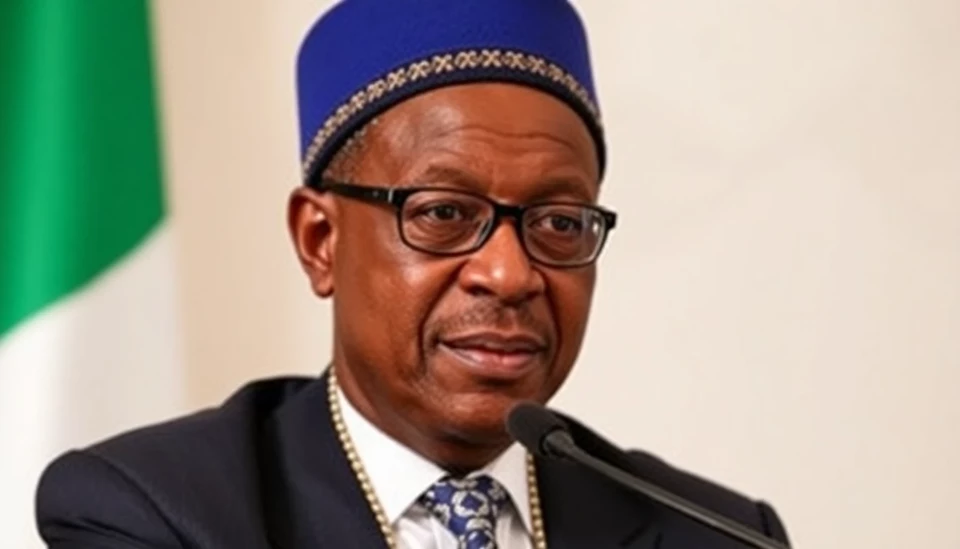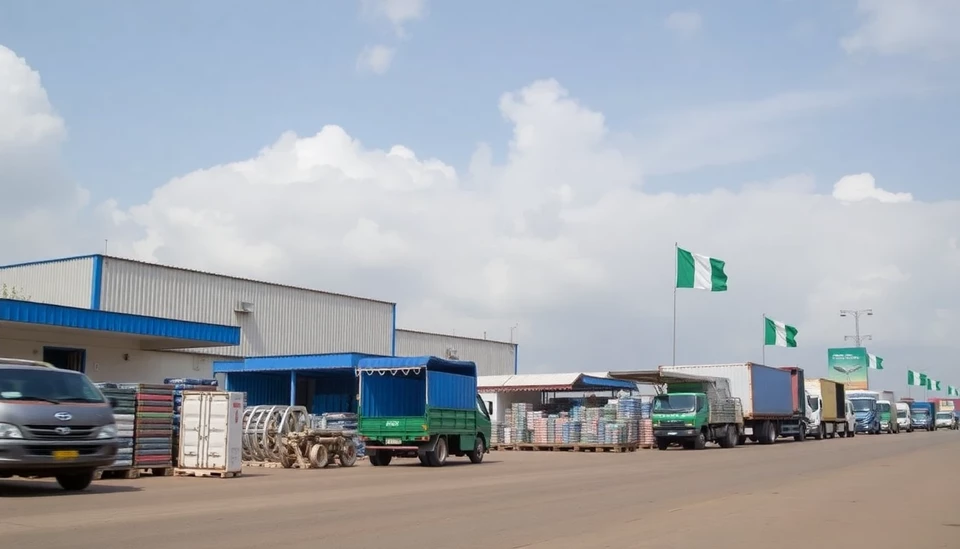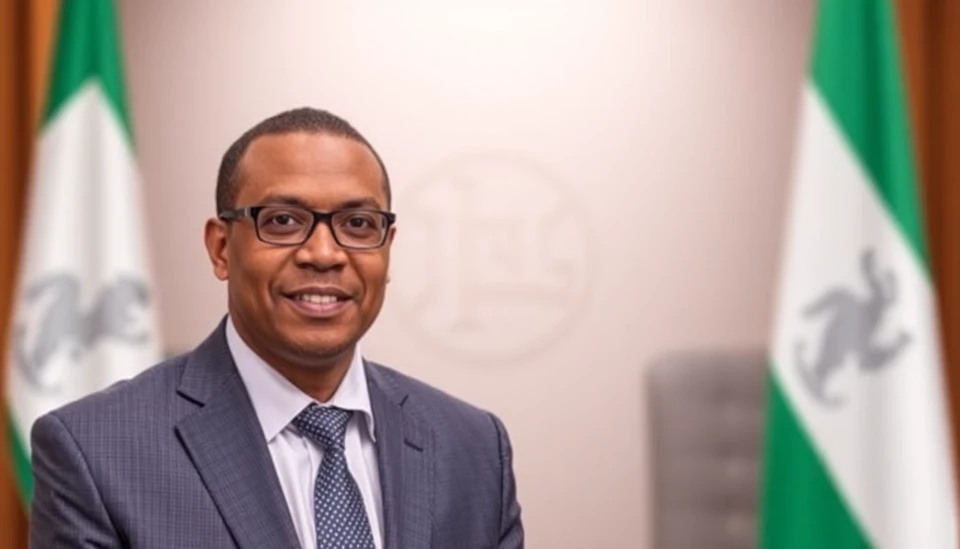
Nigeria has marked a significant economic milestone by reporting its first balance of payments surplus in three years, signaling a positive shift in the country's financial health. This development comes as a crucial relief to a nation that has been grappling with various economic challenges, including fluctuating oil prices and a high import dependency.
The balance of payments, which is a record of all economic transactions between residents of a country and the rest of the world, has shown a preliminary surplus of $800 million for the first quarter of 2025. This surplus contrasts sharply with a deficit of $3.5 billion recorded during the same period the previous year. Such a turnaround indicates improved performance in exports, which many analysts attribute to rising oil prices and an uptick in agricultural exports.
The robust recovery in oil prices has played a pivotal role in bolstering Nigeria's revenues, considering that oil exports account for a major part of the nation’s income. The Nigerian National Petroleum Corporation (NNPC) has reported that crude oil production has stabilized and even increased, leading to greater foreign exchange earnings. Moreover, the agricultural sector has seen a revival, supported by increased investment and favorable weather conditions, further contributing to the positive trend in the balance of payments.
The Central Bank of Nigeria (CBN) has also played an instrumental role in this turnaround. By implementing new policies aimed at achieving currency stability and enhancing foreign direct investment (FDI), the CBN has significantly improved investor confidence. Such moves have attracted capital inflows, which are not only critical for the stabilization of the naira but also essential for fostering economic growth.
Experts are cautious yet optimistic about this trend, suggesting that the balance of payments surplus could herald a new chapter for the Nigerian economy if properly managed. However, they also warn that the country must remain vigilant against volatility in global oil markets and successfully diversify its economic sources to maintain this upward trajectory.
As Nigeria continues to navigate the complexities of global economic dynamics, the government has been urged to capitalize on this favorable situation by investing in infrastructure and other sectors that can sustain growth in the long run. Moving forward, stakeholders are keenly watching how Nigeria will build on this momentum and whether it can maintain its trajectory toward a more stable and diversified economy.
In conclusion, achieving a balance of payments surplus is not merely a numerical victory for Nigeria but represents a beacon of hope for economic resilience and stability. If the country can continue to leverage its strengths and adapt to changing global conditions, the future may hold better financial prospects for its citizens and the economy as a whole.
#Nigeria #Economy #BalanceOfPayments #OilPrices #Agriculture #CentralBank #ForeignDirectInvestment #EconomicGrowth #FinancialStability
Author: Rachel Greene




